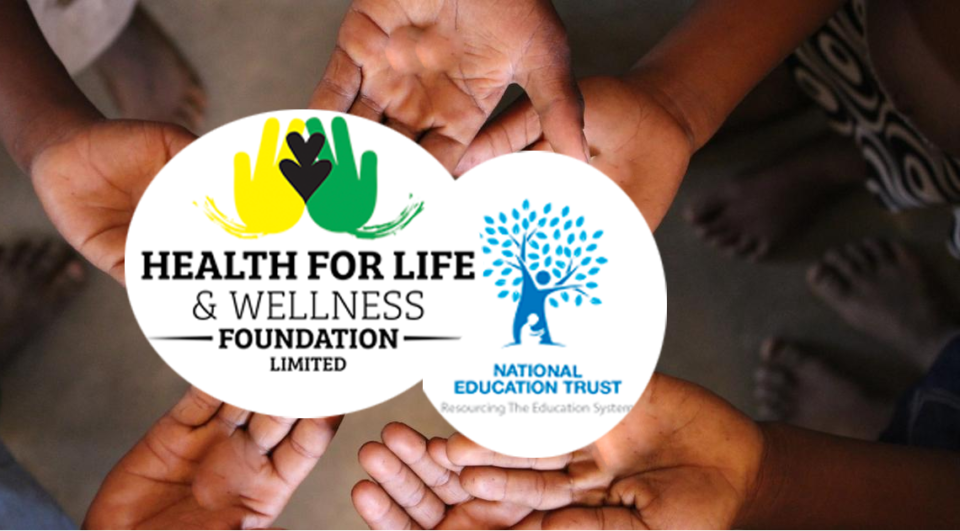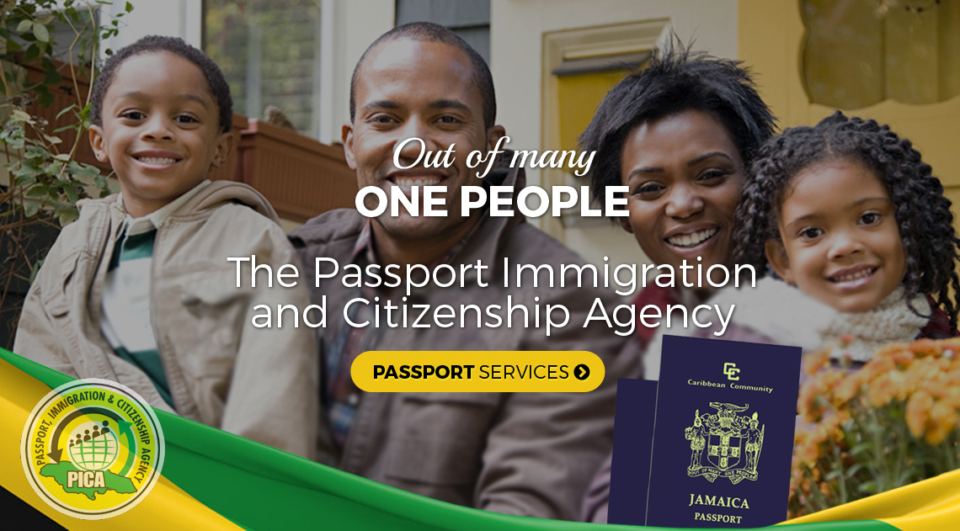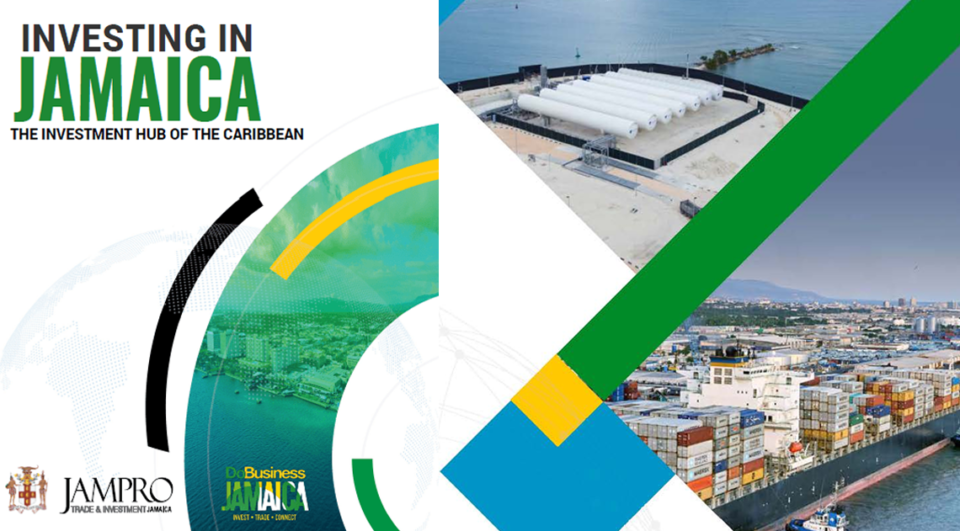[et_pb_section bb_built=”1″][et_pb_row][et_pb_column type=”4_4″][et_pb_text _builder_version=”3.4.1″]
The National Council on Ocean and Coastal Zone Management (NCOCZM) during its 133rd meeting on 18th September 2018 expressed its full support for the Government’s recent announcement of the imminent ban on single use plastic bags, straws and styrofoam.
The multi-agency Council, chaired by Senator the Honourable Pearnel Charles Jr, Minister of State in the Ministry of Foreign Affairs and Foreign Trade, is tasked with, among other things, formulating marine sector policies and sensitizing the public to the importance of the marine sector to the sustainable development of Jamaica.
It is estimated that worldwide, over 350 million metric tonnes of plastic material is produced each year and 10 million ends up in the ocean. This contributes greatly to the declining health of the ocean and its resources. Scientists predict that by 2030, there will more plastic than fish in the ocean.
In light of these statistics and the recent announcement, there is a need to find suitable alternatives to the banned products as well as the initiation of a robust public campaign. The Council therefore calls on the relevant authorities to act speedily to assist consumers, bearing in mind that a healthy, productive and resilient ocean is critical for the country’s economic development.
The Council has committed to assisting with the public education campaign and has designated Council Member, Professor Mona Webber, Director for the Centre of Marine Sciences at the University of the West Indies, Mona, to act as an ambassador to help educate the public on the science behind plastic pollution and its impact on the health of the oceans and mankind.
Research has shown that plastic is made of hazardous chemicals including carcinogens- a cancer causing agent. When the plastic material weathers and breaks into small fragments it becomes microplastics, these are then consumed by marine life, including fish and oysters, which are in turn consumed by humans.
Plastic pollution is not only harmful to human and animal health but it also threatens the sustainable development of small island developing states (SIDS), such as Jamaica, which rely heavily on tourism and is vulnerable to the impact of climate change.
The Council further looks forward to the Government’s adoption of the Caribbean Policy Research Institute (CaPRI), U.W.I. proposal of the Deposit Refund Scheme which will see a surcharge on plastic bottle products when purchased and a rebate when it is returned.
Against the background of current events, the Council calls on every Jamaican to reduce, reuse and recycle so that we can effectively protect and preserve the ocean which is the common heritage of mankind.
[/et_pb_text][/et_pb_column][/et_pb_row][/et_pb_section]





